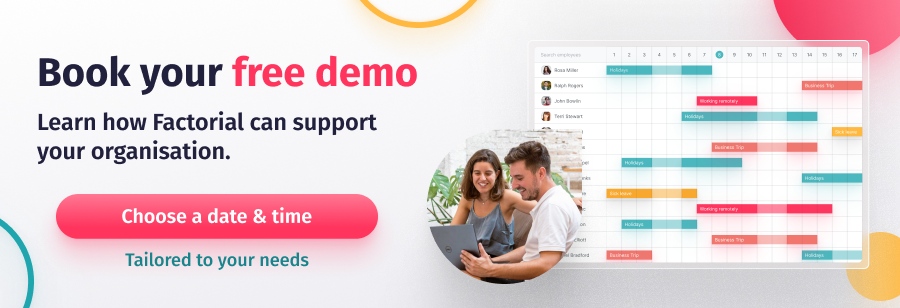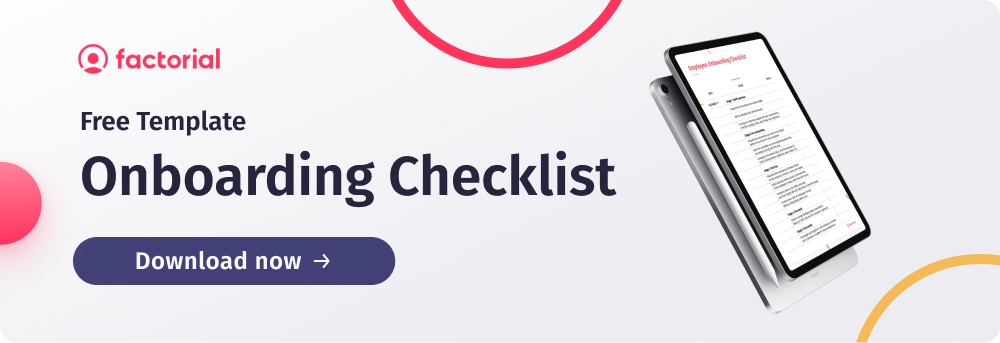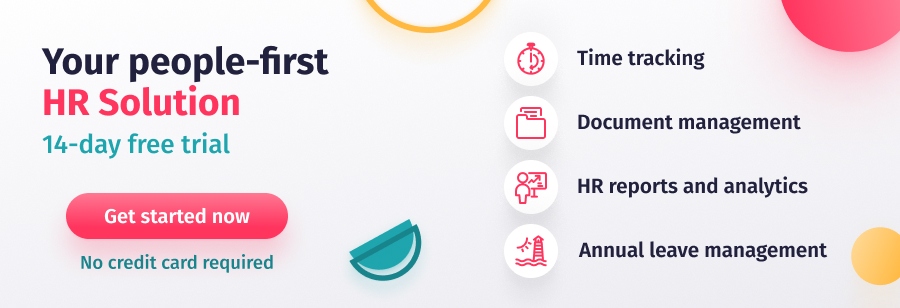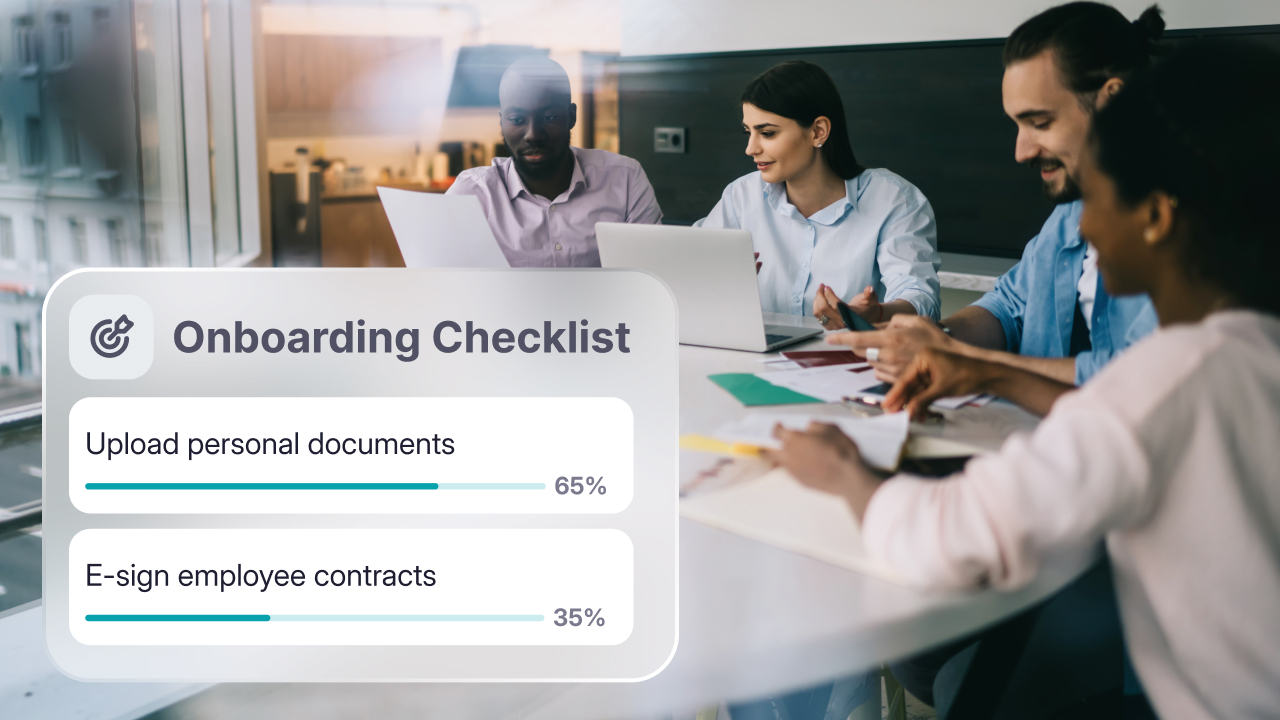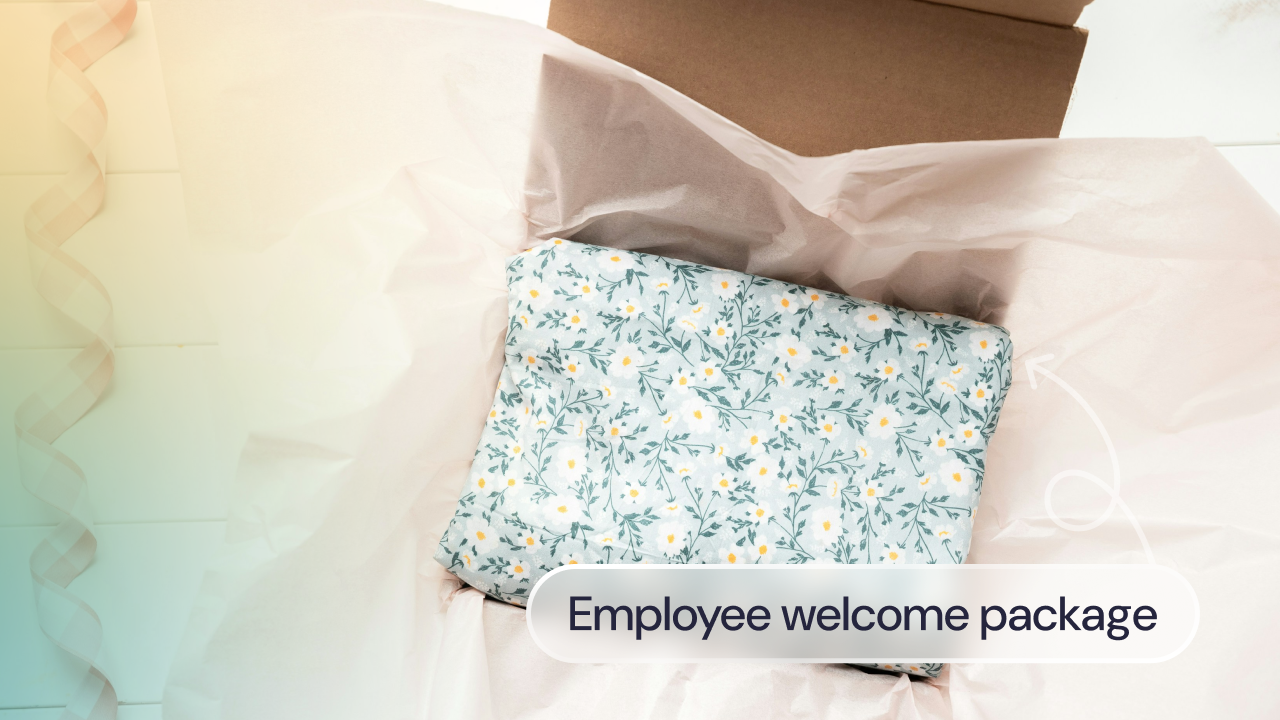The hospitality industry has gone through considerable challenges in the last few years. A combination of Brexit and the pandemic have wreaked havoc on the industry and caused a lack of staff supply. The cost-of-living crisis has fueled the fire, forcing more people to stay home and spend less on hospitality services. Restaurants, bars, hotels, clubs, and other service industry venues have been left in a difficult position.
One of the biggest causes of concern in the industry is staff retention. Pre-pandemic, the sector already had a reputation for its abnormally high staff turnover rates, but since then, it’s accelerated further. In 2021, a YouGov study reported the annual staff retention in the UK’s hospitality industry was 70%. As such, employee retention strategies have become a big part of hospitality businesses’ focus.
Something that is often overlooked by employers when considering employee retention is an effective onboarding process. A strong onboarding programme can work wonders for staff retention and job satisfaction when done well. It can be as important as the initial vetting of candidates and the interview process regarding candidate success.
In this article, we’ll discuss the importance of an effective onboarding programme in the hospitality industry and outline tips for making your onboarding process successful.
What is an Employee Onboarding Process?
An onboarding process helps new hires familiarise themselves with their work environment for the first time. The process should help integrate new employees with your current workforce and assimilate them into an organisation, learning about the structure, culture, mission, and values while giving them the skills and confidence they need to take on their roles successfully.
New employee onboarding should cover these key areas:
- Employee orientation.
- Meeting the team.
- Showcase the organisation’s culture.
- Explain roles and responsibilities.
- Provide necessary resources and documents.
- Include team-building activities.
- Introduce any training requirements.

Why is Onboarding Hospitality Employees Important?
A formal onboarding program for a new hire is critical in the hospitality industry. Employees will often become customer-facing representatives of the business on their first day and quickly need to become fully competent and contributing team members.
The hospitality industry’s high employee turnover rate makes the onboarding process even more integral for successfully integrating and retaining new employees. Evidence suggests that participating in a structured onboarding programme, where the new starter has a positive onboarding experience, can make employees 69% more likely to stay in an organisation for three years or more. A poor onboarding program, on the other hand, results in lower productivity, disengaged employees, and increased turnover.
What are the Benefits of Employee Onboarding?
- Make your new employees productive faster – When you provide the necessary training, resources, and support, new starters will understand their roles, responsibilities, and expectations faster. They’re also likely to become contributing employees more quickly, boosting the whole team’s productivity.
- Higher employee engagement – When employees feel welcomed, supported, and connected to their job and the company, it fosters a sense of belonging and commitment. These are all factors that positively affect employee engagement.
- Improve company culture – Onboarding new employees allows you to communicate company values from the start. Including culture training in your programme will help align new hires to the company vision and mission, creating cohesion and a shared sense of purpose.
- Reduces costs – The cost of employee turnover should be considered. Replacing team members could be as much as double the annual salary of executive positions. A strong onboarding program can do wonders for your employee retention, improving it by 83%.
Tips for Onboarding in the Hospitality Industry
Your onboarding programme will be unique to your business, and there are several tools to help you succeed in making it a success. You can use onboarding software, checklists, online training, or a traditional approach. Whatever works for your business, a successful onboarding process should put employee experience front and centre.
Here are some tips for creating a successful and effective onboarding program for any hospitality business:
1. Create an onboarding pack
Remember, onboarding begins before your new hire has even started. An onboarding pack or employee handbook should include all the need-to-know information for doing their job correctly and answering any questions they might have.
Start by letting your new employee know exactly what to expect from their first few weeks and what will be expected from them. You can also include a checklist for them to work through during onboarding.
A document like this allows you to keep the onboarding process consistent for all new employees. It also keeps you and the business accountable for delivering all the essential information in the first weeks. They’ll also be able to refer to their onboarding document whenever needed, whether on day one or years into their career with you.
Here are some examples of the information you can include in an onboarding pack:
- An introduction to the business.
- Onboarding checklist.
- The organisational structure.
- Job description and expectations.
- Timetables and timesheets.
- A knowledge hub that has all the information about your products and services.
- Policies and procedures.
- Benefits and compensation.
- Training and development requirements and opportunities.
- Workplace policies.
- Communication channels.
- FAQs.
Remember to keep this document current and ensure it’s available to all employees if they want to refer to it. It can be helpful to share this with your new employees before they start their first week so they have time to read over the information and ask any questions before their first day. This also allows you to share their timetable – especially if it’s shift work – so the new employee understands when they’re expected to work in the first few weeks.
2. Engage your team in the pre-boarding plan
At the very least, your team members should know all new onboarding employees. Ensure they are briefed on when to expect the latest addition to the team so they’re ready to give them a warm welcome and ensure everyone is informed on how they’ll be involved in the onboarding process. Encourage those who aren’t directly involved to be friendly and welcoming too!
Little details go a long way, so think about preparing a dedicated place for your new team member to leave their belongings, whether you want to have a formal introduction session or include the whole team in a welcome lunch. Hospitality is all about providing a warm and welcoming environment, so this is the perfect time to embody those values and make your new employee feel included in their place of work.
3. Set clear expectations and goals
There is a direct link between clear expectations and higher employee engagement, but according to Gallup, most employees don’t know what is expected of them at work. The best way to get ahead of this problem is to include the company expectations and goal setting for the new employee in the onboarding process. This starts with knowing what you want from your employee.
Before their first day:
- Ensure you know what you want them to achieve in their first weeks.
- Outline the key performance indicators you want to see from them during their probationary period that will assure you they are suitable for the job.
- Establish how you’re going to support them during this time.
You’ll also need to decide on any mandatory training they’ll need to complete, company policies, or health and safety information they need to be aware of and ensure your new employees have all the required information and resources to achieve them.
4. Include team-building activity
Team building is essential in any organisation or industry, especially in hospitality, because of its fast-paced and ever-changing nature. It takes collaboration from all your employees to deliver a seamless customer experience, so they must have a good working relationship.
To encourage teamwork and collaboration, include relationship-building onboarding activities in your programme. These can even be linked to your business’s offering, making learning about your products and services fun and engaging. Here are some ideas to get you started:
- Blind menu tasting.
- Hotel scavenger hunt.
- Company quiz.
- Food and drinks bingo.
5. Ensure your new hire knows who to ask for help
Starting a new job can be incredibly overwhelming. There is always a lot to remember; even learning your new team’s names can be challenging! And nothing’s worse than not knowing who to ask for help.
To make their first few weeks as seamless as possible, ensure they know who to ask when they have a question or issue and, even more importantly, ensure that person is ready to answer their questions. They’ll need to be prepared to give up their time to support the new team member, be patient with them as they’re learning the ropes, and have the businesses support in doing so. There is no point directing a new starter to a busy employee who needs to prioritise their day-to-day tasks and doesn’t have the time to help them.
A buddy or mentor programme can effectively make social relationships and help your new employee feel empowered to ask the necessary questions. It ensures there is always a ready and willing person to support them. It can also be an excellent way for your current employees to gain leadership and management experience before taking on more formal responsibilities.
6. Have regular check-ins
Check-in to see how your new starter is getting on and how they’re finding the role. Touch base with their manager and co-workers to find out how they’re gelling with the team and how they are assimilating with the business. This will allow you to paint a complete picture of their progress in the initial weeks.
Schedule the check-ins with your new team member in advance so they know they have regular opportunities to talk about their experience and any challenges that might have cropped up during the onboarding period.
7. Get as much feedback as you can
Onboarding is a learning experience for new employees and the business. Encourage your new employees to provide feedback on the entire process and their onboarding experience and listen to their suggestions on improving the process. This will allow you to continuously refine, build on, and improve for future employees and develop your business’s most effective onboarding method.
Digital Onboarding with Factorial
By implementing an automated onboarding approach using Factorial, you eliminate the need for employees to physically attend the office. This digital method enables seamless integration into the workforce, allowing individuals to integrate into the company comfortably from their own homes. A well-executed digital onboarding programme provides new hires with all the essential information required for their initial days, maintaining a consistent and high standard. You can increase the efficiency of how quickly you obtain results with structured task flows, empowering your new hires to achieve objectives on time and with ease.
Leveraging digital systems for employee onboarding guarantees a positive initial encounter with the company, boosting your employer brand as a result. Moreover, it streamlines the process, eliminating the need for excessive time, manpower, and complexities associated with traditional methods. It also equips hiring managers with the capability to monitor the progress, well-being, and effectiveness of new employees.
